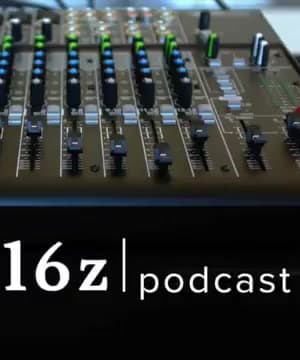What are the challenges of licensing?
Sources:
Licensing presents a variety of challenges across different sectors and for various stakeholders:
-
Exclusionary Practices: Licensing can be exclusionary due to the diversity of the requirements, which can range from minimal (e.g., high school coaches) to extensive (e.g., lawyers and doctors). This can deter potential entrants into the profession, particularly those from less privileged backgrounds 1 2.
-
Economic Barriers: Licensing often requires significant financial and time investments. For instance, even low-skilled jobs may require expensive training and certification, which can disproportionately affect people at the lower end of the economic ladder. This can stymie opportunities and exacerbate inequality 2 3.
-
Regulation Diversity: The licensing laws are dispersed across various regulatory books, making them difficult to navigate and enforce uniformly. Different states may have varying requirements, making it challenging for professionals moving between states 1.
-
Barriers to Entry for Entrepreneurs: Licensing can impose prohibitive costs and requirements that stifle small businesses and entrepreneurs. Examples include extensive hours of schooling or specific infrastructure requirements that do not align with the practical needs of certain professions, such as hair braiding 2 4.
-
Challenges for Companies Transitioning to New Models: In the tech industry, for instance, transitioning from traditional licensing to SaaS (Software as a Service) models can be particularly difficult. This involves not only technological upgrades but also a shift in business and sales models, which can be complex and financially painful 5.
Addressing these challenges often requires a nuanced approach, considering the specific needs of different professions and the broader impact on economic mobility and equality.
RELATED QUESTIONS-

